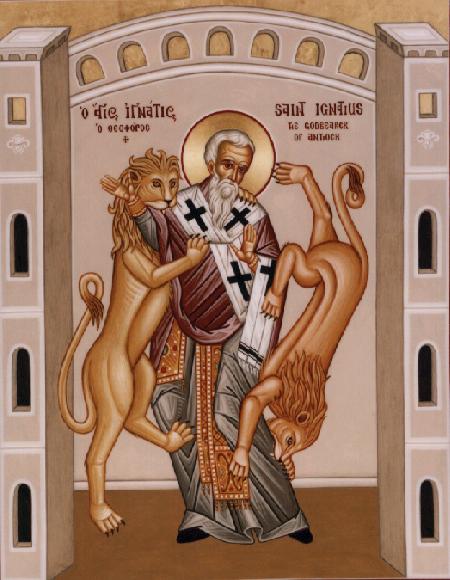 |
| Stefano Moderno, "Saint Cecilia," 1599, church of St. Cecilia, Trastevere, Rome |
Cecilia, in the meantime, continued to make many conversions, and prepared to have her home preserved as a church at her death.more at saintcecilia.us
Finally, she too was arrested and brought before the prefect. He ruled that she should die by suffocation in the baths. Saint Cecilia was locked into the bathhouse and the fires vigorously stoked. She remained there for a day and a night but was still alive when the soldiers opened the doors. She was then ordered beheaded, but the executioner, after striking three times without severing St Cecilia's head, ran away, leaving her badly wounded.
St. Cecilia hung onto life for three days after the mortal blows, preaching all the while. She made many more conversions and people came to soak up her flowing blood with sponges and cloths. There exists in Rome a church in St. Cecilia's honor that dates from about the fifth century. Her relics were believed to have been found by Pope Paschal I in 821 A.D., in the cemetery of St. Celestas. These remains were exhumed in 1599, when Cardinal Paul Emilius Sfondrati rebuilt the church of St. Cecilia, and said to be incorrupt.
I believe she was the first recorded case of the phenomenon of incorruptibility. The above statue is said to be what she looked like when the grave was exhumed some 1,200 years after her death. I couldn't find the quote, but I read somewhere those exhuming the body said she looked alive like a young girl sleeping.





















